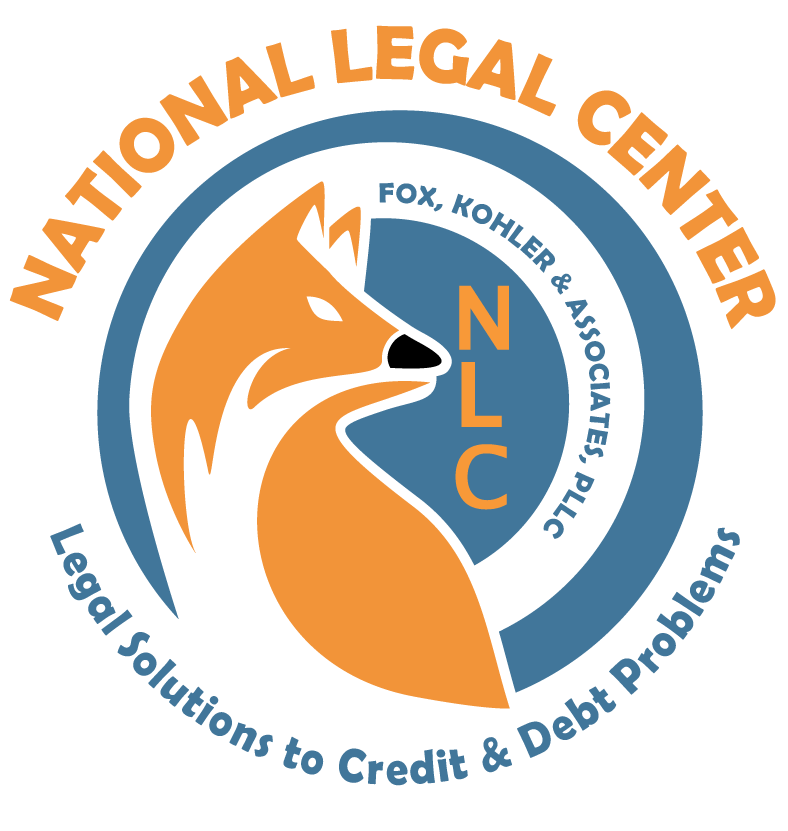In the past few months, there has been a rise in financial scams. They come in all shapes and sizes (letters, emails, texts, phone calls, etc.). We want you to be aware and prepared in the event you become a target. The best way to protect yourself from falling victim to a scam is to BE SKEPTICAL. Often, if it sounds too good to be true, it is.
A caller can pretend to be from the IRS, the Census Bureau, a sheriff’s office, or any other official sounding place that they think will make you trust them. Scam artists know that a text or phone call that seems “official” can be very intimidating. It is important not to take what a person says over the phone at face value. Caller ID cannot be relied upon. With current technology, scammers can easily change their caller ID information, so don’t always trust the number or location the person is calling from.
Do not give out any financial information over the phone or by email unless you know exactly who you are communicating with. Many con artists will rush you into making a decision before you have a chance to research the situation. No matter how convincing a letter, text message or phone call seems, it is important to do your due diligence. Never provide payment or personal information until you are sure the communication is legitimate.
Often a scammer can become aggressive and abusive. If you get trapped on a phone call, either hang up or tell them you will not do anything until you are sent something in writing that provides more information. Even if the communication is from a valid collector, it is OK to request written communication to be certain everything is legitimate.
Also remember, scams do not just come disguised as financial institutions. They vary widely. Some pose as sweepstakes companies sending you a prize. Criminals even pose on dating sites and chat with people to gain their trust, and their savings. Never deposit a check from someone you do not know closely. If a check you deposit turns out to be fake, you will be responsible. If you have formed a relationship with someone you have never met, remember that a true connection doesn’t come with a financial ask. Talk to trusted friends about a situation like this, and always listen to your gut. Scam artists have all sorts of deceiving ways to defraud the unassuming public.
Here are some “scam signs” you should look out for:
- Pressuring you to act right away. Urgency and threats are used by a scammer to stop you from having time to think or talk to someone you trust for advice.
- Anyone asking you to pay money or taxes to receive a prize or a gift. If it sounds too good to be true, then it most likely is.
- If the payment method is to wire money or load a gift card – run. Government offices will never require you to pay this way. There is no legitimate reason to require you to send money this way, and it leaves you with no recourse to get your money back later once you find out you have been defrauded. Money transfers from other countries are highly suspect.
Follow theses “Do Nots” to ensure your maximum protection:
- DO NOT: Send money via Western Union or wire transfer
- DO NOT: Load money onto a gift card for a stranger
- DO NOT: Send money to a family member for an “emergency” without checking with other family first
- Sometimes con artists will pretend to be family members in distress – DO NOT give out personal information. This includes debit or credit card information, bank name, routing or account numbers, date of birth, and social security number.
We hope this information helps armor you against the unfortunate scams that have been plaguing the public. If you feel you have fallen victim to a scam, your first step is to notify the police and your financial intuitions. You may want to seek assistance regarding potential residual consequences like identity theft.




